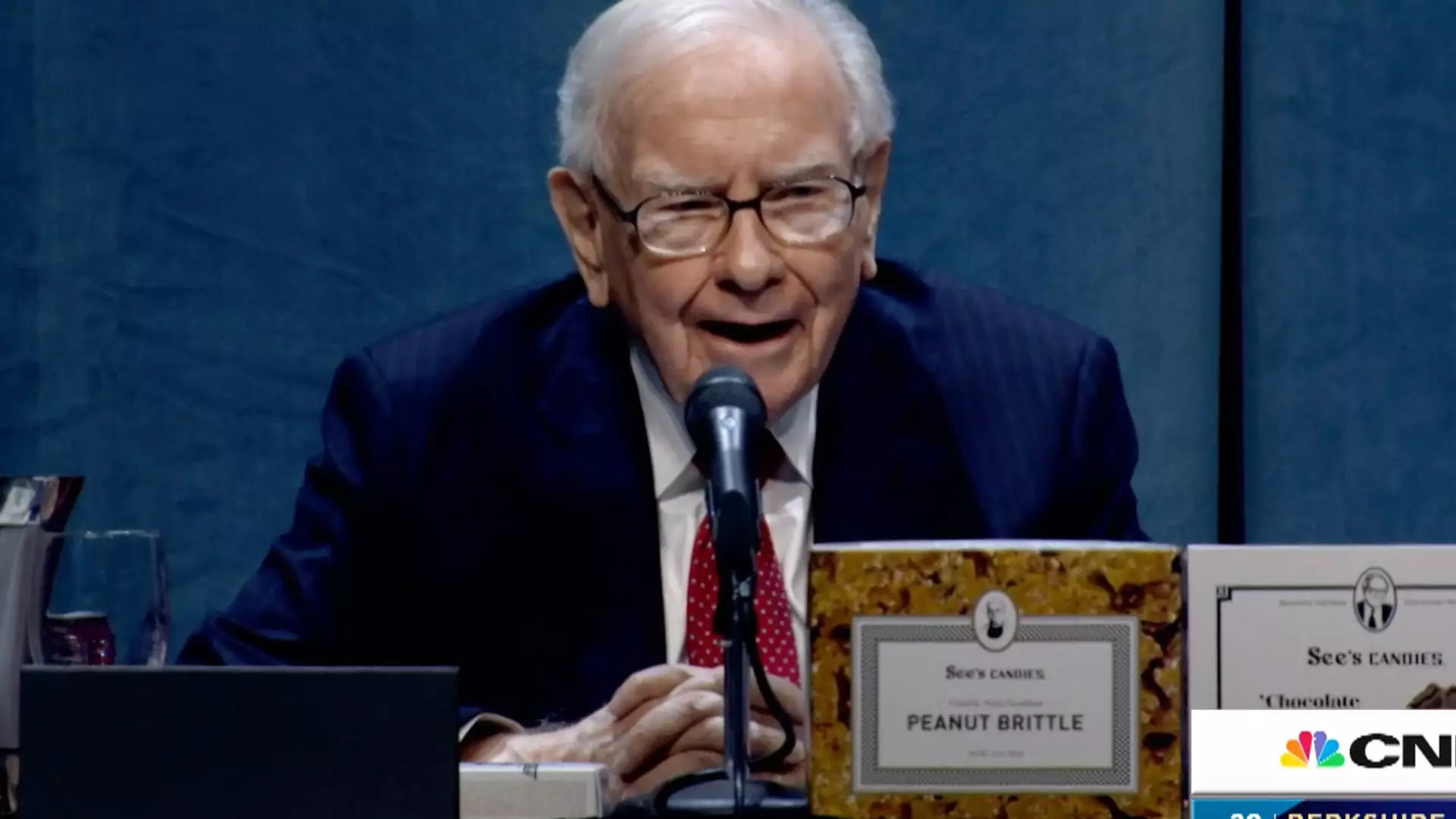Warren Buffett, the esteemed investor revered for his financial acumen, recently shared insights regarding President Donald Trump’s tariffs, which have become a focal point in economic discussions. Buffett’s perspectives are particularly enlightening, especially given his substantial influence through his company, Berkshire Hathaway, which spans multiple sectors including insurance, manufacturing, and retail. His assertion that tariffs can be likened to ‘an act of war’ invites us to re-examine the broader implications of such trade policies on consumers and the economy as a whole.
Buffett emphasizes that tariffs equate to taxes levied on goods, ultimately burdening consumers. “The Tooth Fairy doesn’t pay them!” he quipped, underscoring the inherent absurdity of expecting someone else to absorb these costs. This playful yet poignant analogy illustrates how tariffs reset the economic landscape to the detriment of everyday consumers. By viewing tariffs as indirect taxes, Buffett evokes the critical question of economic causality—“And then what?”—prompting further inquiry into the ramifications of these fiscal measures.
Recently, President Trump announced a sweeping imposition of tariffs, notably a 25% duty on imports from Mexico and Canada as well as a 10% additional tariff on Chinese goods, scheduled to begin March 4. This development raises significant concerns, not least the potential for retaliatory measures by China, which could further exacerbate tensions in global trade. Such actions may not only disrupt established markets but also contribute to inflation, thereby affecting the overall economic landscape.
Buffett’s critique is particularly relevant in the context of the volatility that has pervaded the market. His past warnings during previous conflicts regarding trade tariffs highlight his consistent theme of caution, suggesting that aggressive economic policies can yield unintended consequences that could ripple across borders, negatively influencing global markets.
In light of the current economic uncertainties, Buffett has adopted a more conservative approach, quickly offloading stocks and amassing significant cash reserves. While some interpret this strategy as a bearish indicator—pointing towards his skepticism about future market performance—others theorize it may be a tactic to prepare for generational transition within his conglomerate. His decision to remain reticent about the current economic state during the CBS interview only amplifies the air of caution he embodies amid a backdrop of economic unpredictability.
Market volatility, fueled by the confluence of slowing economic indicators and unpredictable policy decisions from the Trump administration, has led to a sluggish performance in indices like the S&P 500, which has barely managed a 1% gain for the year. This scenario serves as yet another illustration of the evolving relationship between policy decisions and market reactions, reinforcing Buffett’s argument about the long-term impact of tariffs.
Buffett’s insights serve as a cautionary tale for both consumers and policymakers alike. Understanding the implications of tariffs not only sheds light on their immediate financial effects but also urges stakeholders to consider the larger economic narrative at play. As we navigate through these turbulent waters marked by trade wars and unpredictable policies, the wisdom of veteran investors like Buffett remains critical as a guiding compass in uncharted economic territory.

